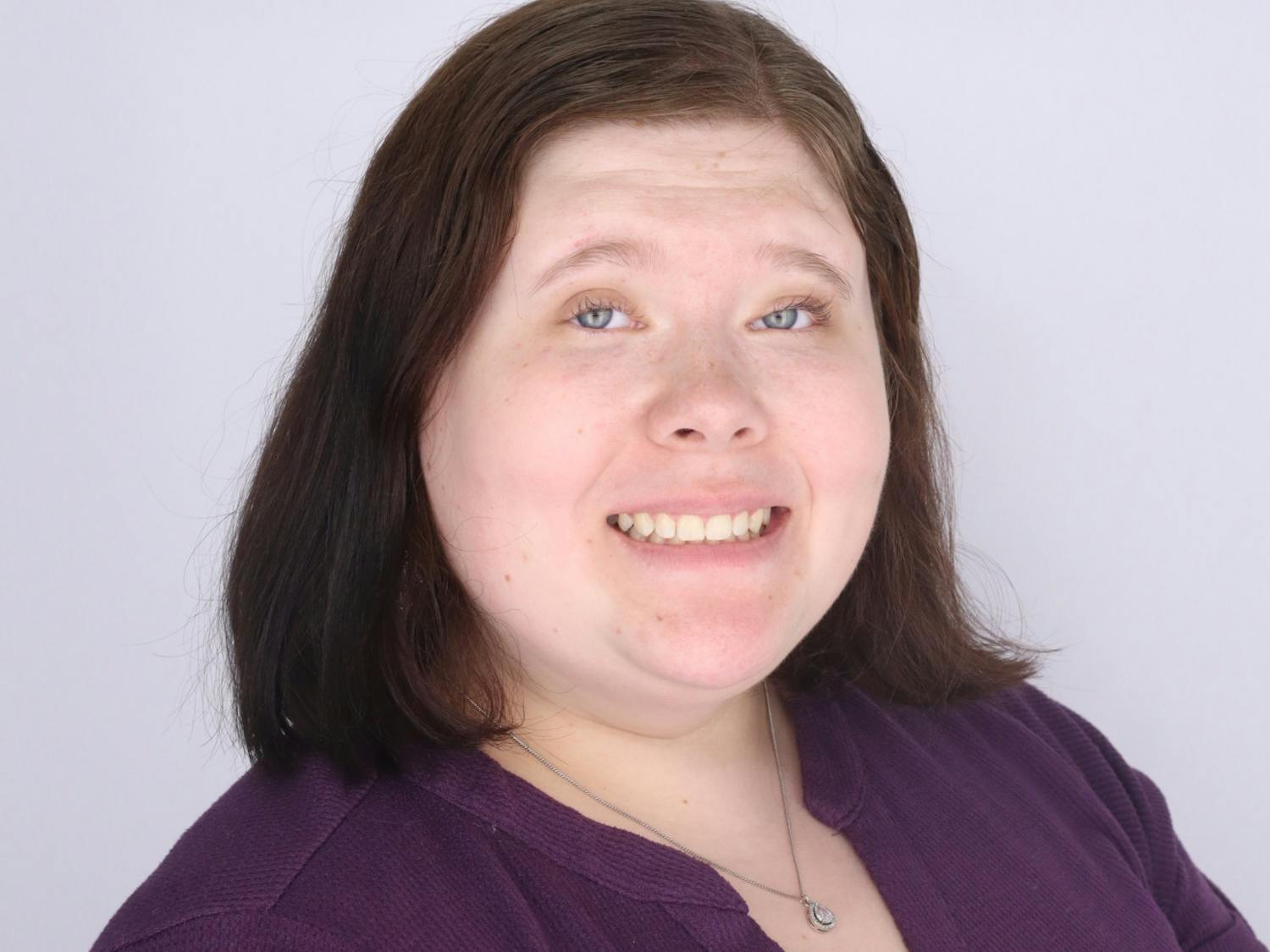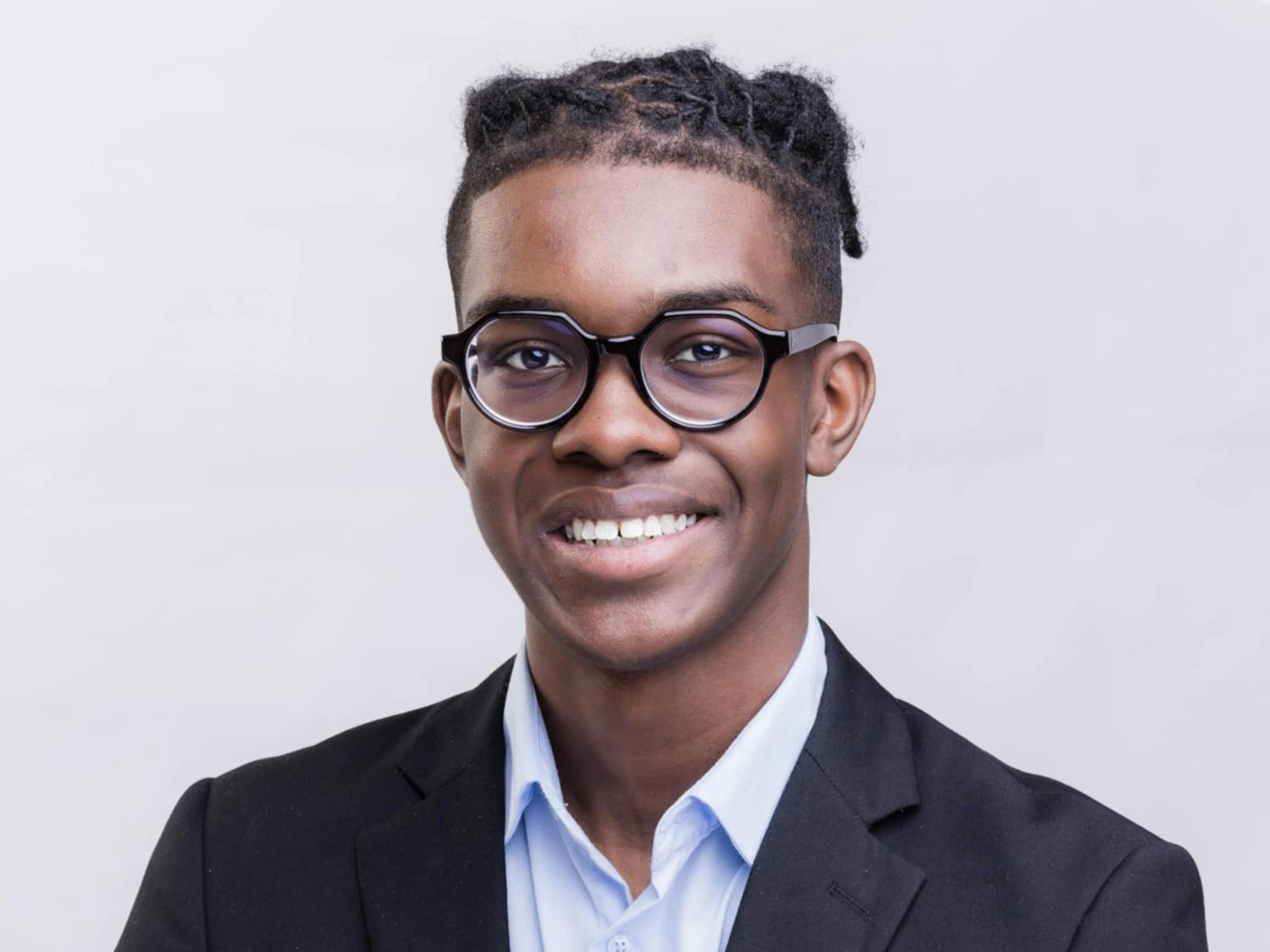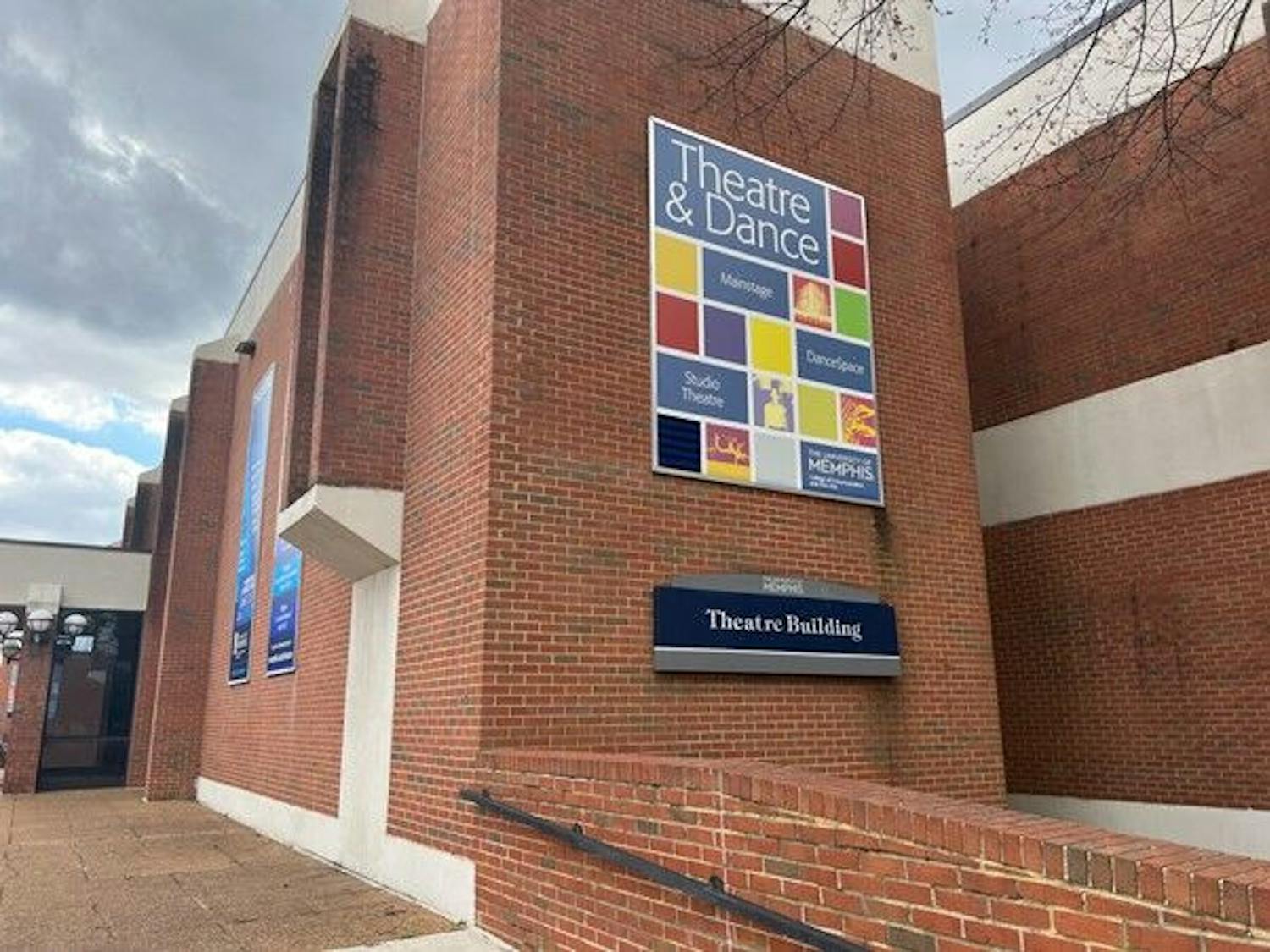April is sexual assault awareness month and this year’s theme is “I ASK,” which champions the social norm that asking for consent is a healthy, normal and necessary part of everyday actions.
Statistics show that sexual violence happens in United States and around the world, especially on college campuses.
According to the National Sexual Violence Resource Center (NSVRC), 20 to 25 percent of college women and 15 percent of college men are victims of rape during their time in college. The NSVRC states that 27 percent of college women have experienced some form of unwanted sexual contact and nearly two thirds of college students experience sexual harassment.
The NSVRC also states that 90 percent of sexual assault victims on college campuses do not report the assault.
Tracy N. Hipp, an assistant professor in the psychology department at the University of Memphis, conducts research that focuses on risks and protective factors for sexual violence victimization and perpetration.
Hipp also studies resilience among sexual and gender minorities (LGBTQ+), as well as survivors of sexual violence. Hipp said public health officials’ description of “the burden” of sexual violence is not distributed equally.
“Marginalized groups, including sexual and gender minorities, experience a disproportionate burden of the problem,” Hipp said. “LGBTQ+ folks experience more sexual violence than their heterosexual and cisgender counterparts.”
According to the 2015 U.S. Transgender Survey, almost half of trans people experience sexual violence within their lifetime. The 2010 National Intimate Partner and Sexual Violence Survey found that about 75 percent of bisexual women also experience sexual violence. Hipp said these rates are much greater than within the general population.
“Bisexual women face a higher risk for sexual violence than virtually any other group we have studied,” Hipp said.
Hipp said one of the key differences between heterosexual and certain LGBTQ+ survivors’ experiences is their relationship to the perpetrator.
According to the NSVRC, 51.1 percent of female rape victims reported being raped by an intimate partner and 40.8 percent by an acquaintance.
“Among heterosexual women, a lot of these survivors are victimized by their dating or romantic partners,” Hipp said. “Among lesbians, however, survivors are more likely to be victimized by a friend or an acquaintance.”
Hipp also said many LGBTQ+ people experience what is known in the sexual violence field as “corrective rape,” which is perpetrated as a way to punish or “change” someone’s sexual orientation or gender identity.
“As you can see, not only are LGBTQ+ folks not a monolith, but their experiences of sexual violence can also vary in ways that hold some big implications for prevention,” Hipp said.
The UofM has several campus organizations that provide a safe space for students, staff, faculty and community members to share a common ground.
Safety Net is a peer-led support group for survivors of sexual assault and their allies, and is located in room 236 in the University Center. Safety Net thinks that a person’s sexuality and expression of it can be safe, healthy and consensual.
The Stonewall Tigers Alliance seeks to provide an inclusive space for and advocate on behalf of the LGBTQ+ community at the UofM and is located in room 241 in the UC.
“Within Stonewall Tigers, we have members who have been victims of sexual violence,” said Dakota Averett, president of the organization. “Our main role in sexual assault prevention is to offer support to LGBTQ+ survivors and connect them with other resources on campus.”
Organizations like Stonewall Tigers and Safety Net are teaming up with the UofM this month to help promote sexual assault awareness and the “I ASK” campaign. Many of the events will take place on and off campus.
Safety Net is hosting ‘Safe Haven Meet Ups’ in the UC’s Fountain View on April 10 and April 17 in the UC Poplar Room from 5:30 p.m. to 7 p.m. The psychology department is hosting a ‘Diversity & Inclusion Celebration’ (with sexual violence prevention activities) on April 12 in the UC Atrium from 11 a.m. to 1 p.m.
For a full list of sexual assault awareness month events, visit the Office for Institutional Equity’s page on the UofM website.





